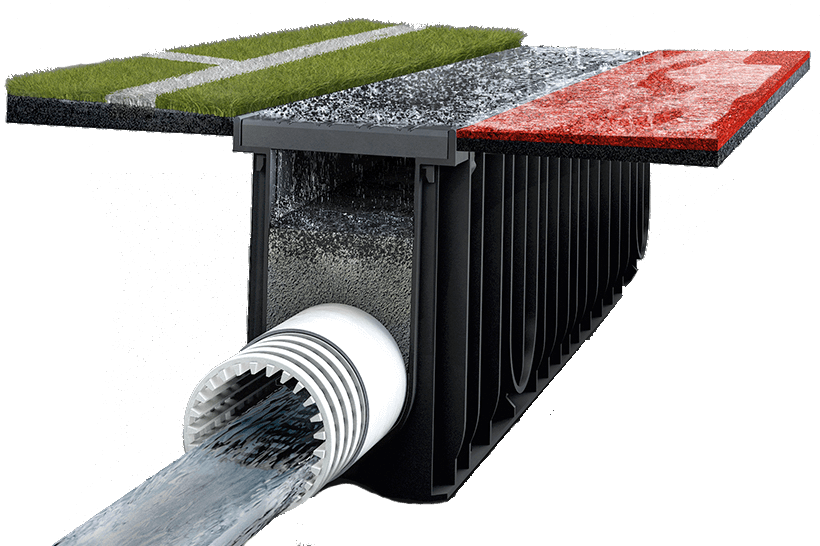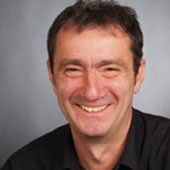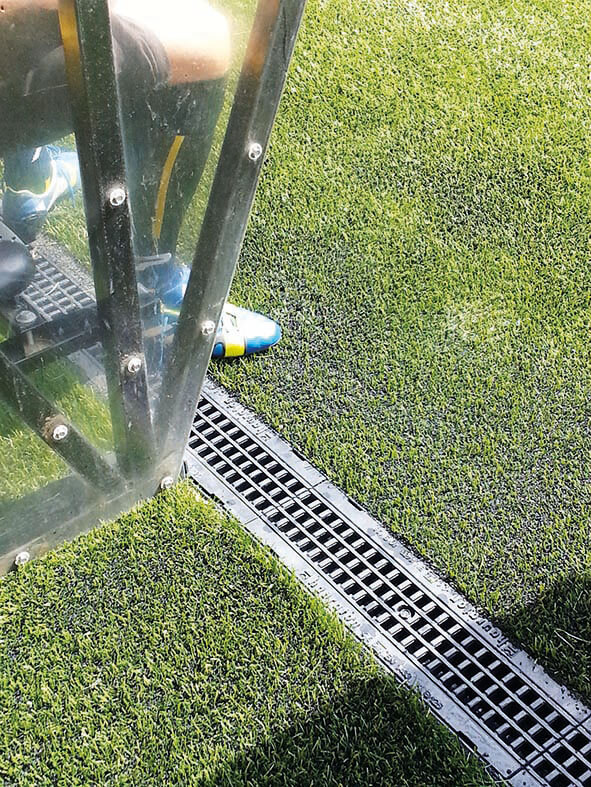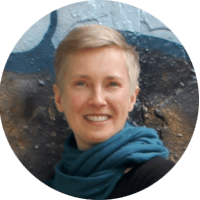Not with us!
Rainwater treatment retains microplastics from artificial turf
Hauraton
Microplastics
Artificial turf on sports fields provides an excellent playing surface. But use and drainage of this result in microplastics being flushed out into precipitation and surface waters. This is a challenge that Hauraton is overcoming with responsible environmental technology. The drainage specialist, based in the Baden region, has a safe and effective solution for filtering and retaining microplastic particles. In the Sportfix®Clean drainage system and channel filter with filter substrate Carbotec 60, particles down to the smallest size of 0.45 µm (0.00045 mm) are reliably removed by filtering.
With sports fields increasingly being equipped with artificial turf worldwide, this is highly relevant. The synthetic surfaces are very robust, require much less care than natural turf and offer higher quality standards for the safety of athletes. On modern surfaces, playing properties such as ball roll behaviour are very close to natural turf on sports pitches. The high useful life of around 1,700 hours per year compared to 400 to 800 hours for natural turf, a service life of at least ten years and greatly reduced maintenance effort are all benefits of artificial turf.
Mechanical wear creates tiny plastic particles
Artificial turf surfaces are a type of plastic carpet. When playing on the surfaces, the EPDM granulate (the material used for infilled artificial turf) and the synthetic grass fibres are exposed to repeated strain. The mechanical wear from higher tread loads – as created during football or rugby – causes tiny particles or blades of artificial grass to break off. This amounts to 250 to 300 kg per year for modern sports fields.
These particles need to be prevented from entering the natural water cycle, and finally the food chain, via rainwater draining off the pitch. Research over the last few years has shown that microplastics, which are now present in large quantities in the world’s oceans, have also already entered our food chain. The health consequences are not yet known. To prevent plastic particles from reaching water bodies, collected surface water must be filtered before it is distributed.

Increased maintenance intervals offer reliability
This channel filter functions according to the principle of surface filtration. It is therefore twice as effective: not only plastic parts are retained on the filter surface, but also pollutants such as heavy metals or hydrocarbons.
The system has been proven to work reliably over very long periods. Long maintenance intervals and simple cleaning represent additional benefits. After many years of use, filter cake forms on the surface of the filter. This is stripped off during maintenance and then only the filter substrate that was removed is replenished.
Whether on a hockey field or football pitch – wherever artificial turf surfaces are used, drainage systems are also usually required. In addition to safe drainage, Sportfix Clean channels also offer a simple way to filter the waste water and permanent retention of plastic particles and pollutants. This economical filter system can also be installed at existing facilities.
Video
Your project
Are you in need of support when publishing your projects?
projects@moresports.network
Or give us a call:
0049 234 5466 0374
Follow us!
Want more?
That’s what our partners say
About us
More Sports Media
Johannes Bühlbecker, founder
Johannes Bühlbecker is an architect and has worked, among others, for International Association for Sports and Leisure Facilities (IAKS) for 15 years – as editorial director of the renowned trade magazine “sb”, in the organisation and realisation of international architectural competitions with IOC and IPC, in trade fairs and conventions, as head of the “NRW Beratungsstelle Sportstätten“ (“NRW Advice Centre for Sports Facilities”) and as a lecturer at the German Sport University Cologne.
- Dipl.-Ing. (engineering degree) Architect, TU Berlin
- Longtime editorial head with “sb”, an international journal for the architecture of sports
- Training in web design, online marketing, etc.
- International architectural competitions with IOC and IPC
- Trade fair and congress organisation
- Head of the “NRW Beratungsstelle Sportstätten“ (“NRW Advice Centre for Sports Venues”)
- Lecturer at the German Sport University Cologne
- Planning of the Prussian Stadium in Münster (for großmann engineers, Göttingen)
- Replanning a football stadium in Berlin-Köpenick
- Numerous publications, i.a. “From Round Leather to Soap Bubbles – The Development of Football and its Architecture”
- Board member and youth coach at SV BW Weitmar 09
Contact
Phone
+(49) 234 5466 0374
contact@moresports.network
Address
More Sports Media
Am Weitkamp 17
D‑44795 Bochum















